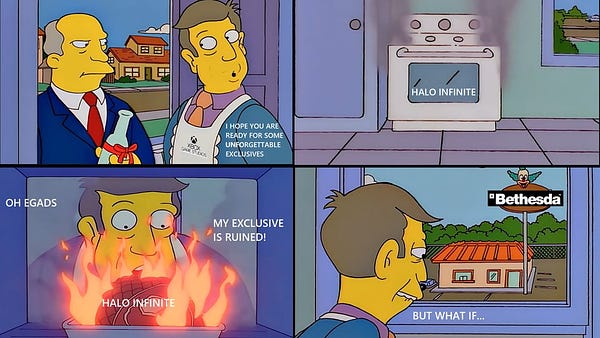7.5 billion reasons why Microsoft bought Bethesda
[Hi, I’m Chris Plante, and you’re reading Postgame, a weekly newsletter collecting the best games, stories, and videos in the video game community into a fun, digestible package on Sunday mornings. Learn more on the Postgame About page. Postgame is edited by Stephie Grob Plante. Want to support Postgame? Please share it with a friend! Or even better, visit my work-home at Polygon.com!]
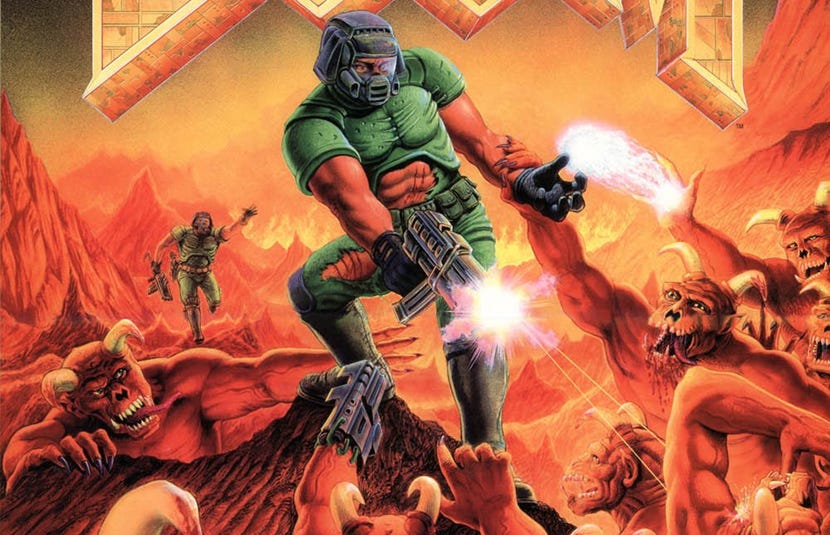
Earlier this week, Microsoft acquired Bethesda Softworks and its parent company Zenimax for $7.5 billion. The deal will net Microsoft eight studios and a treasure trove of beloved franchises, including Doom, Quake, Elder Scrolls, Dishonored, Fallout, and more.
Why did Microsoft acquire Bethesda? The exclusives! The inevitable sequels, spin-offs, and new titles will inevitably fill Microsoft’s GamePass, making it the legitimate heir to the “Netflix of video games” throne.
But why did Bethesda sell to Microsoft? I have a theory. Here’s an excerpt from my analysis at Polygon:
IS MICROSOFT A GOOD FIT FOR BETHESDA?
I’ll say that it’s a strange fit, going off Microsoft’s most recent acquisitions.
Since 2018, Microsoft has acquired several game developers separate from the collection of Bethesda studios. These studios, broadly, have focused on projects smaller than the typical AAA release. Until today, I’d assumed Microsoft planned to create more games, albeit smaller ones, incentivizing players to maintain their Xbox Game Pass subscription with a reliable stream of new releases.
Outside the acquisitions, even Microsoft’s biggest releases tend to feel more calculated and less expensive than their Sony counterparts. Compare the latest Gears of War titles and Halo Infinite with projects like The Last of Us Part 2 or 2018’s God of War.
I’ve never thought of Microsoft as a publisher to spend and lose lots of money on mega-expensive blockbusters. The company has recently presented itself as the practical publisher, with no better example than its acquisition of the reliable but not-particularly-exciting-anymore Minecraft.
Bethesda is the opposite brand of game creator. Bethesda has historically made humongous bets on expensive games, making its money back (and more) by selling its most successful games on every platform possible, then selling remasters, remakes, and VR spinoffs.
I struggle to imagine Microsoft making back the budgets of games like Starfield and the next Elder Scrolls by making them Xbox exclusives. That said, Microsoft doesn’t seem interested in Xbox exclusives anyway. Just this month, Microsoft released another first-party game on the Nintendo Switch; it launched Xbox Game Pass for PC; and it granted public access to its video game streaming service, xCloud, which allows subscribers to play a bunch of “Xbox” games on Google’s Android devices. In the past year, Xbox evolved from a console to a brand.
So Microsoft may be in a better position to make this acquisition than was immediately obvious. It has a broader means of distribution, which could favor an increased scope of its internal projects. To put it another way: Smaller and medium-sized studios were ideal acquisition targets for Microsoft over the past couple of years as it focused on concluding the Xbox One era, but with Microsoft’s recent and dramatic expansion of storefronts and services, it may have the tools to financially support and distribute Bethesda games at its current scale.
Read the full story at Polygon, and learn why it’s just as important to consider who didn’t acquire Bethesda.
Three games to play
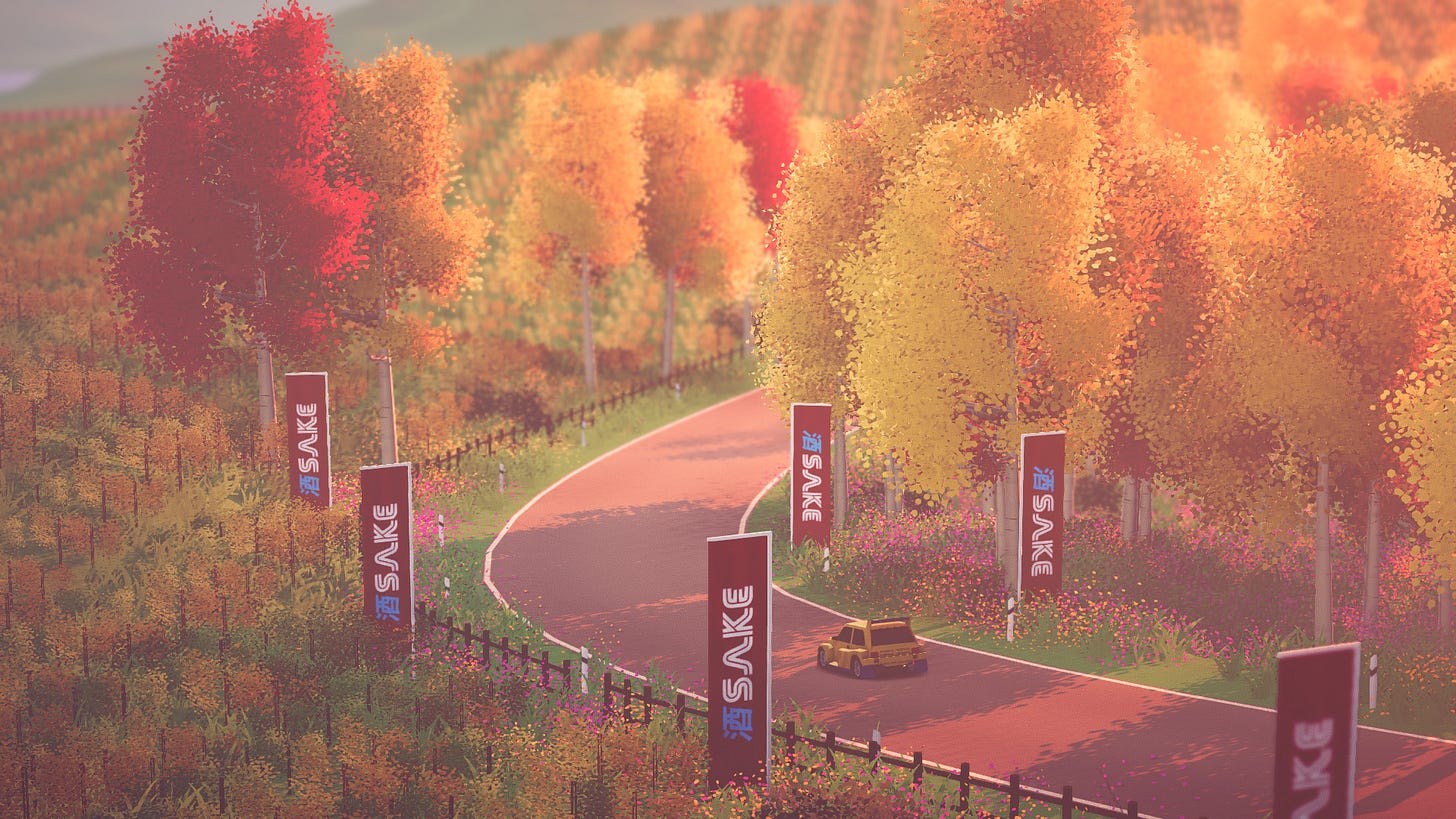
Art of Rally
“In Art of Rally, here's the motorsport of the gods distilled into one brilliantly playable, arrestingly stylish little game.” (Martin Robinson, Eurogamer)
“The driving here is just so good! Like everything else in Art of Rally, the beauty in its handling is in its simplicity. You need to master braking and sometimes drifting, and that’s it. But the gently undulating courses, distracting you with their beauty and cunning successions of corners and jumps, are a constant test of your reflexes. Yet I haven’t met a course, location or weather condition I didn’t love, and even the worst car’s handling is smooth and a blast to drift around in.” (Luke Plunkett, Kotaku)
Art of Rally is now available on PC and Mac.
Rivals
“Rivals is a narrative puzzle game in the mode of Obra Dinn, but rather than piece together the horrific deaths aboard a two-centuries-old boat, you must chronicle the break-up of a nearly two-decades-old indie band that sounds a fair bit like Wilco.” (Me, Polygon)
Rivals is now available on PC.
Hades
“Originally launching in December 2018, it has been in Early Access for the guts of two years. In that time the game has seen a range of iterations and evolutions, and has gradually grown into something far more sophisticated than its earliest form. If the original release of Hades was as primordial as the Chthonic Gods who inhabited it, the latest and most complete version of Supergiant’s complex dungeon-crawler is its long-coveted peak.” (Cian Maher, TheGamer)
“Hades asks you what lengths you would go to defy your shitty dad. Would you stay up late? Mess up his garden? Escape the Greek underworld against his will?” (Ryan Gilliam, Polygon)
Hades is now available on PC, Mac, and Switch.
Three stories to read
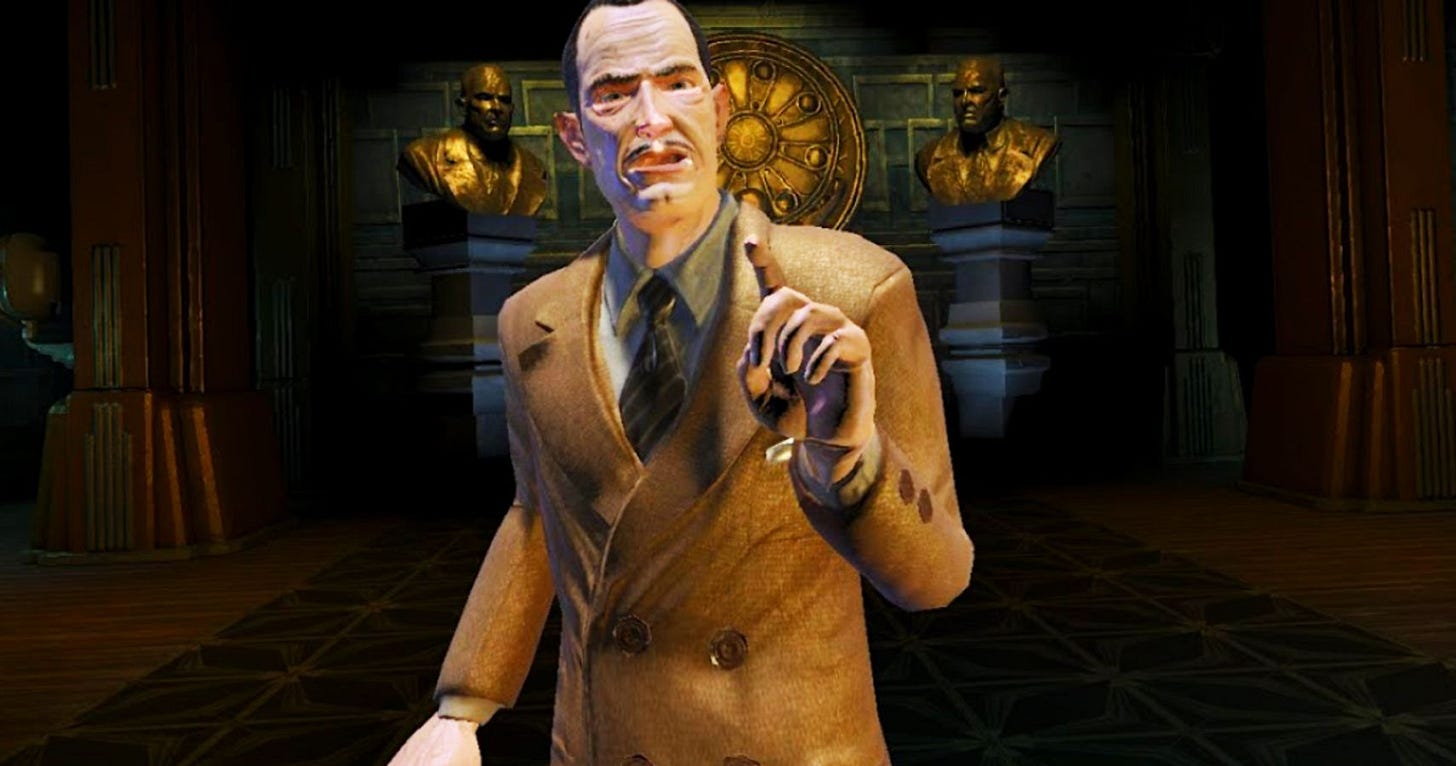
On the eve of new video game consoles, what about the millions of gamers who are perfectly content with older (and cheaper) video games? For Fanbyte, Mark Hill profiled the Patient Gamers community, which “is now closing in on 368,000 [Reddit] subscribers, and their goal, according to co-founder jetmax25, is to escape the hype cycle that devours new releases, find people willing to talk about older games, and save some serious money in the process.” (Mark Hill, Fanbyte)
Why is the video game industry so bad at selling its most important products? (Nick Statt, The Verge)
I had forgotten about the burn-bright-and-die-young MMO, Glitch, along with its lovely soundtrack. From Dia Lacina’s essay on the game’s score: “[Glitch] would eventually close down due to dwindling population, but before creator Stewart Butterfield would close shop to turn the in-house communication tools into Slack and become even more phenomenally wealthy, it was a beloved, low-pressure virtual world.” (Dia Lacina, Paste)
Three videos to watch
An interview with Muriel Tramis
“My lead was a woman by the name of Muriel Tramis. The beginning of her career was the earliest date I could find of any other black woman working as a game designer anywhere. I was fairly confident she was the first at this point, but I needed to be sure. My worst fear was overlooking someone.”

Please, someone make a game with the “ultra low” aesthetic
Kreal might be the most underrated video game YouTuber
The best of the rest
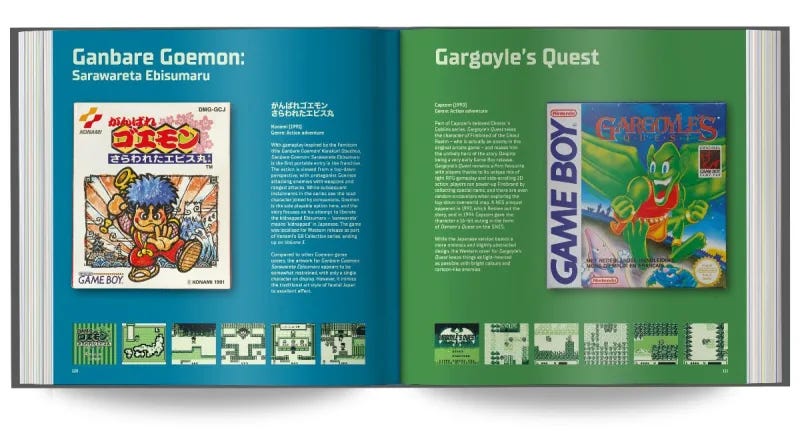
Colin Campbell has a newsletter that “celebrates and chronicles how games are changing the ways we live, learn and interact with one another.” It’s called How Games Are Changing the World. You should subscribe!
Colin’s newsletter pointed me to this beautiful coffee table book full of Game Boy box art. Slowly but surely, video game books are being designed with grown-ups in mind. (Mike Fahey, Kotaku)
A new solitaire game? Eh. A new solitaire game by Mike Bithell, creator of Thomas Was Alone and Subsurface Circular? Yes, please! (Imogen Beckhelling, Rock Paper Shotgun)
What makes the games industry a “prime target” for cyber attacks? “[P]layers, because they have ‘several qualities that criminals look for,’ including being active on social media and having disposable income that they tend to spend on gaming products online.” (Marie Dealessandri, GamesIndustry.biz)
Friend of the newsletter Simon Carless left the Game Developers Conference (GDC)’s parent company after a staggering 16-year run (forever in this space) to launch a research and consultancy firm. Why does that matter to you? Because it’s an evolution of Carless’s fantastic newsletter, Game Discoverability Now. (Brendan Sinclair, GamesIndustry.biz)
“Going Under gamifies toxic start-up culture and millennial work attitudes.” (Gene Park, The Washington Post)
Among Us, one of this year’s biggest games, quietly debuted in June 2018. Perhaps its tale of paranoid friends turning on one another in a claustrophobic, catastrophic environment didn’t truly resonate until now. (Sean Sands, Vice)
Remember when the entire family shared a computer? (Alexis Ong, PCGamer)
The folks at Eurogamer collected a bunch of smart folks to vote on the ten best video games of this generation. For some reason, they also invited me. (Eurogamer)
A curated list of audio documentaries about the culture of video games. (Richard Moss)
A mother skeptical of video games wrestles with her daughter’s newfound love of Roblox. (Emily Flake, The New York Times)
Ephemera
My friend and colleague Casey Newton launched Platformer, “a tiny media company dedicated to covering social networks and their relationships with the world.” Yes, you should subscribe to this newsletter too. (Casey Newton, Platformer)
The Washington Post has produced an illuminating data visualization that contextualizes the 200,000 American deaths to COVID-19. You enter your address and see how wide of a radius of your town would have died had all 200k deaths happened in your area. (The Washington Post / Lupa / The Google News Initiative)
“Veterans, gamers, history buffs and gun enthusiasts are shelling out to take part in military simulations.” Going off of this feature, most of my assumptions about MilSims were askew. (Chris Jones, The New York Times)
But what do you think?
Send links, tips, comments, questions, games, and $7.5 billion in acquisitions to @plante.
That’s a wrap. See y’all next time. Wear a mask!





